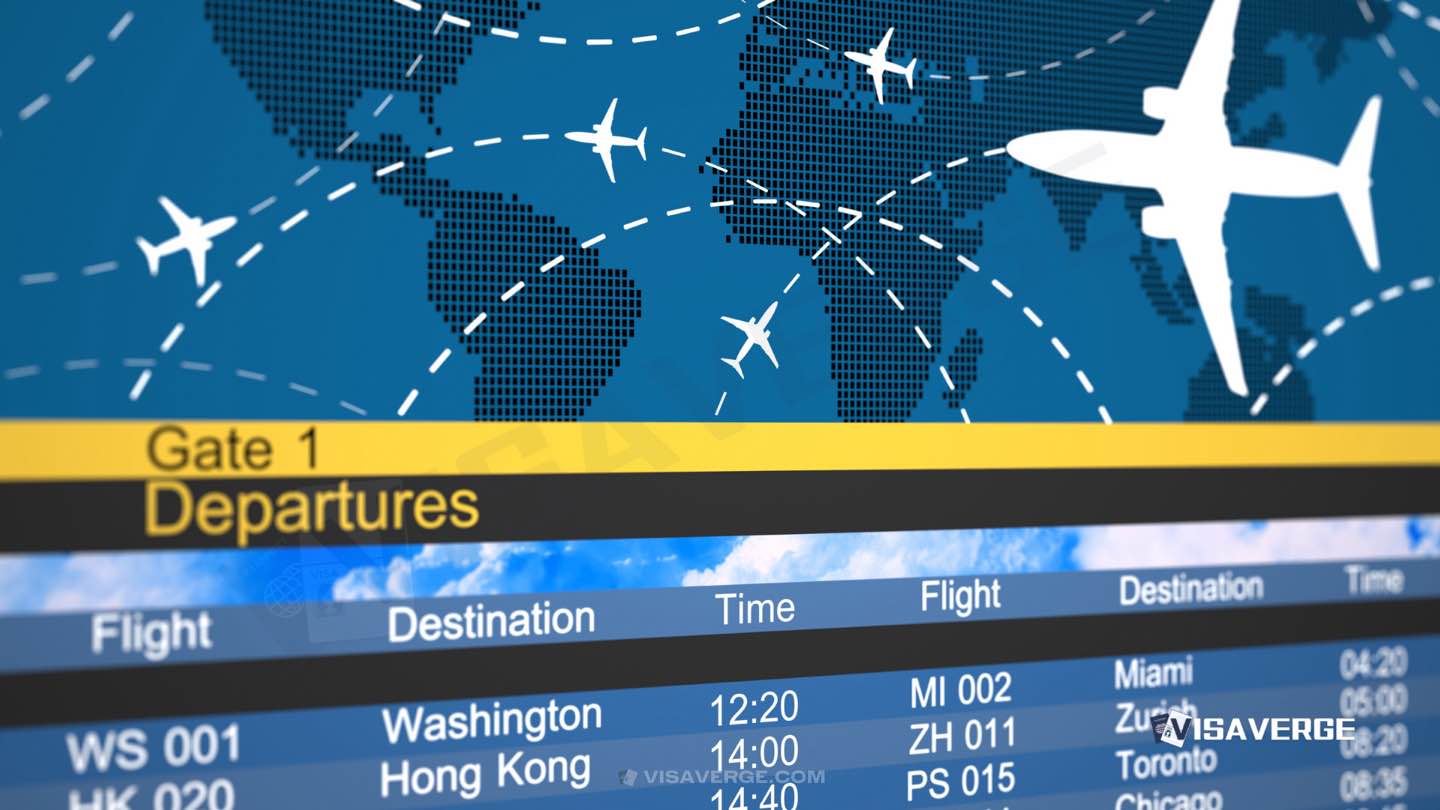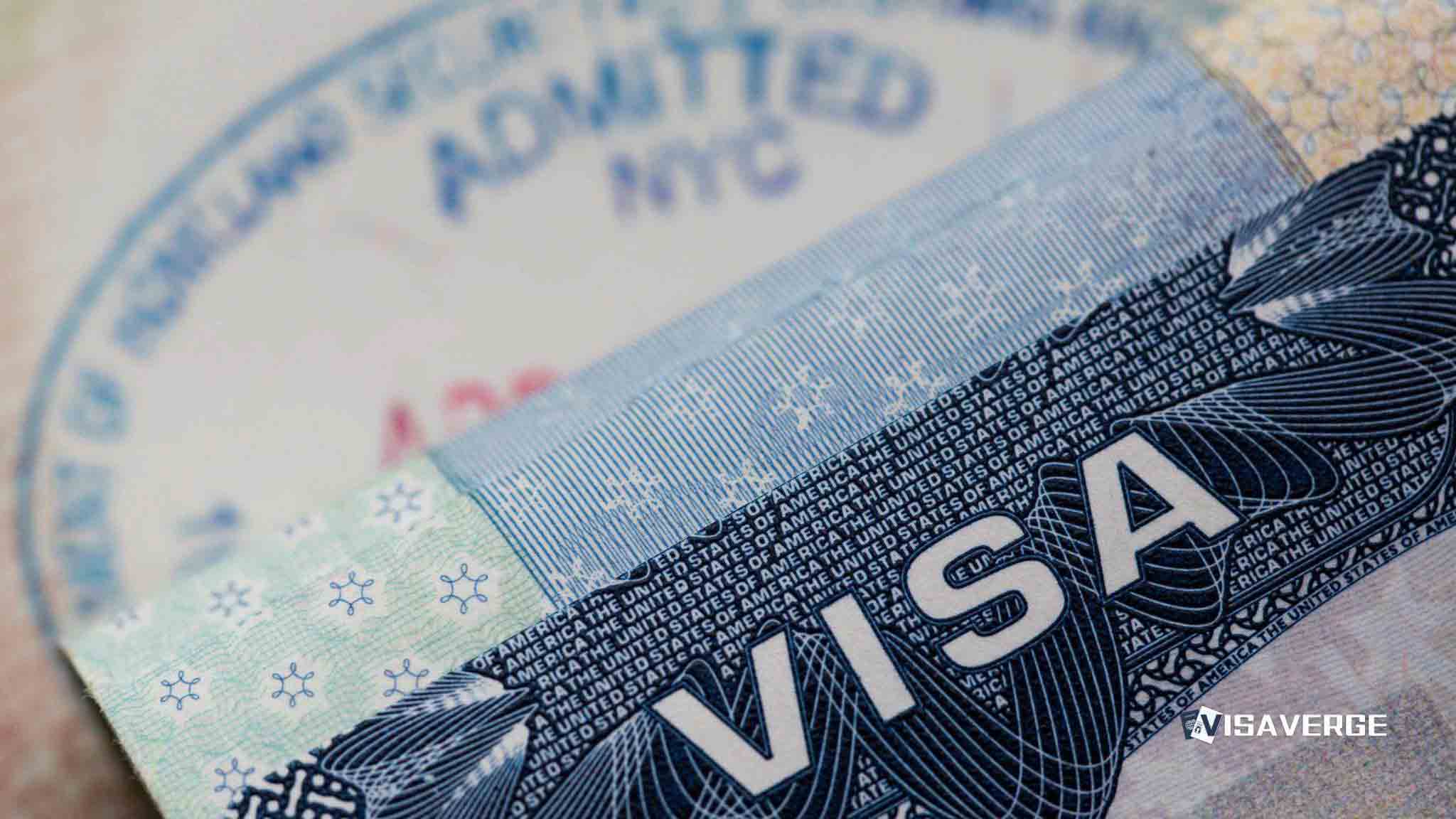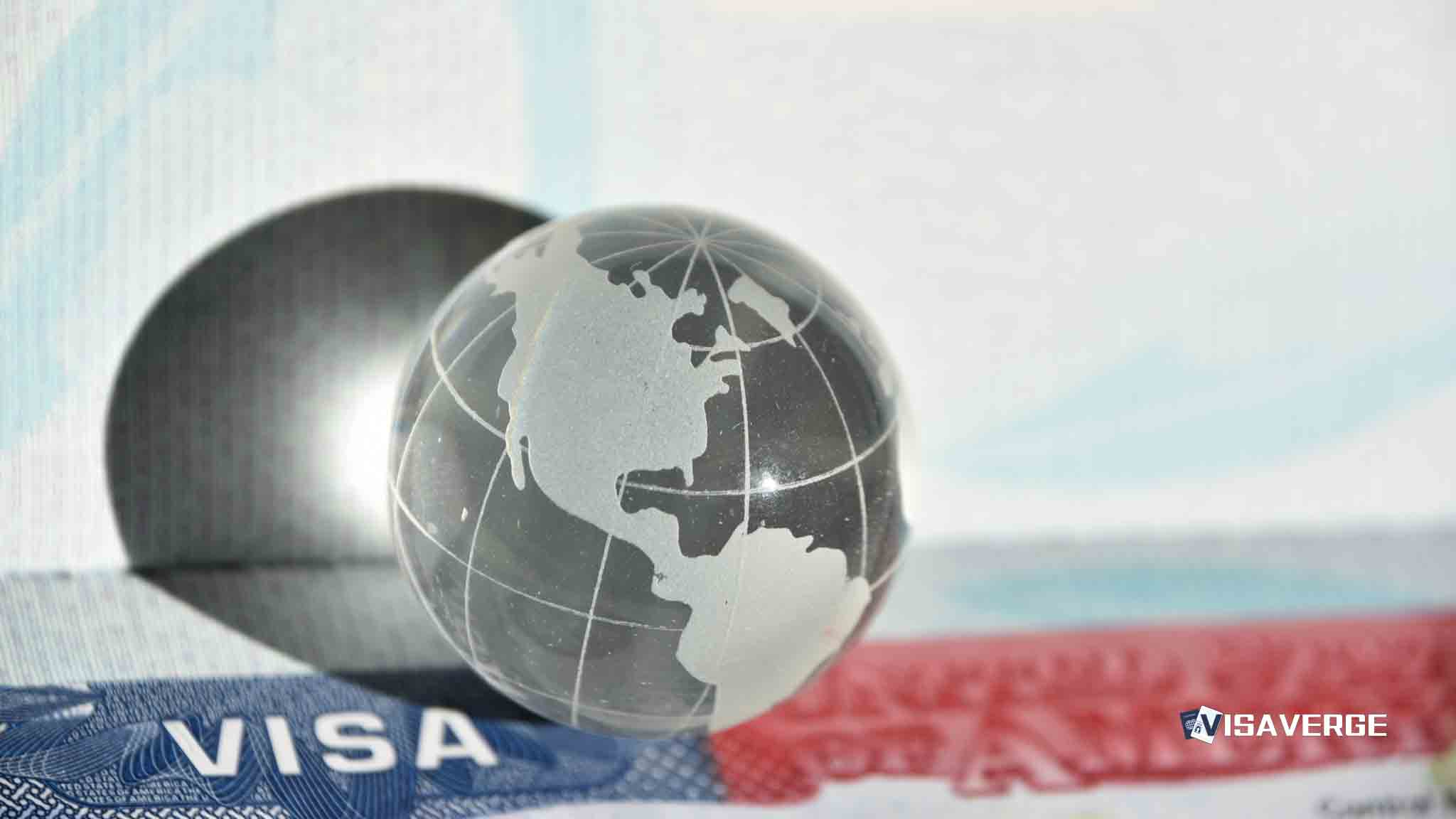(KOLKATA, INDIA) An Indian couple says they faced a third B1/B2 visa denial at the U.S. Consulate in Kolkata despite a strong travel history, steady income, and property in India. Their account, posted on Reddit, describes a brief interview with only a handful of questions before refusal under INA §214(b) — the law that presumes every visitor visa applicant intends to immigrate unless they show strong reasons to return home. They reported the officer told them U.S. rules are “very strict these days” and to try again in a few years.
The couple’s claim struck a nerve among Indian applicants weary of long waits and short interviews. They also alleged the officer approved “everyone else” but them and hinted at unfair treatment toward people from certain parts of India. Those claims are not verified, and proving regional bias is extremely hard in U.S. visa law. Still, the story reflects widespread frustration with opaque decisions and limited feedback when a case is refused.

The couple’s profile and interview account
According to their post, they applied in Kolkata and highlighted their ties to India and prior international travel.
- Travel history
- Recent trips to Dubai and Indonesia
- Husband studied in New Zealand for a year in 2015
- Income and finances
- Husband: about ₹2.5 lakh/month (web design firm)
- Wife: about ₹2 lakh/month (salon)
- Total: about ₹54 lakh/year
- Property
- Ownership of 5 acres of land in India
They said the officer asked just five questions: purpose of visit, what each spouse does for work, and whether they own property. The interview ended with a refusal notice under Section 214(b). They left wondering why applications are accepted—and fees collected—if decisions are made so quickly and with so few questions.
Why 214(b) refusals are common, even with strong profiles
The law is clear: a visitor visa is for short, temporary trips. Under INA §214(b), the officer must deny the visa if the applicant does not show strong ties that will pull them back home. This standard applies to everyone, and property or income alone does not guarantee approval.
Consular officers have wide discretion to judge credibility during a short exchange and are not required to review every document presented.
Key features of the system
- Broad discretion: Officers can make fast decisions based on how clearly and credibly someone explains their plan, ties, and return intent.
- Short interviews: Many sessions last a minute or two. Applicants must be ready to give direct, simple, consistent answers.
- Limited feedback: Refusal letters often cite 214(b) without detailed reasons, so applicants may not know exactly what fell short.
VisaVerge.com notes that repeat refusals are common when applicants cannot present clearer ties or new facts addressing earlier concerns. Each application is judged on its own merits; reapplying without substantive changes often leads to the same result.
What counts as “strong ties”?
Officers look for a full picture, such as:
- Stable work or business obligations
- Family who depend on you
- Property and financial responsibilities
- Clear travel plans with specific dates
- Reasons to return by a specific date
Owning land and having steady income help, but the officer’s core question is simple: Based on everything I see and hear in this brief exchange, am I convinced you will return?
Context matters. Very high income or broad international exposure can raise different questions about immigrant intent. Officers expect to hear how a business will be managed during the trip and why returning on time is essential. If visiting family, they expect a simple, consistent plan with duration and purpose.
Practical steps for future applications
A clearer interview strategy can make the difference. Be specific about purpose, timeline, and funding.
- Prepare tight, direct answers on purpose, duration, and funding.
- Explain your return plan: what you must get back to, and when.
- Highlight concrete ties:
- Job letter
- Business registration
- Tax returns
- Property records
- Family responsibilities
- Ensure answers and documents match the DS-160 form exactly.
If you need to review or start the DS-160, use the official page: Online Nonimmigrant Visa Application (DS-160).
Some applicants consider interviewing at a different city after repeat refusals. While the law is the same at every U.S. post, a fresh presentation and updated facts can help. Others seek professional guidance to practice answers and organize documents. Reapplying without meaningful changes usually leads to another refusal.
Official guidance and limits on recourse
The U.S. Department of State explains that 214(b) is the most common reason for visitor visa refusals and that officers are not required to provide detailed explanations beyond the legal ground. Official guidance is available here: Visa Denials – U.S. Department of State.
Appeals are not available for 214(b) refusals. The primary option is to reapply when something material changes.
Addressing perceptions of unfairness
The couple’s observation that others were approved nearby is not unusual on busy interview lines. Officers rely on quick interviews, and cases vary widely. Without access to each traveler’s background and answers, side-by-side comparisons can be misleading.
While perceptions of unfairness are common, U.S. law gives consular officers wide authority, and proving regional bias is extremely difficult. The main practical remedy is to present stronger, clearer evidence and consistent answers in any subsequent application.
Deciding whether to try again after a third refusal
Consider these questions before reapplying:
- Have your facts changed—new job stability, stronger business records, new family responsibilities, or clearer travel plans?
- Can you explain your trip purpose in one or two sentences without confusion?
- Do your answers, documents, and the DS-160 match exactly?
- Can you show why you must return by a certain date?
You don’t need to bring stacks of papers, but bring the best proof of ties and be ready to explain it simply if asked. Officers may not request documents at all; still, having them increases confidence and consistency.
Important: The burden is on the traveler to show nonimmigrant intent. Preparation and clear communication are essential, even for applicants with strong travel history, income, and property.
The couple’s story will feel familiar to many: long waits, a brief interview, and a refusal that barely explains what went wrong. While the process can feel tough and at times unfair, applicants can improve their odds by focusing on a crisp story: why you’re going, how you’ll pay, where you’ll stay, what ties pull you back, and when you’ll return. Keep it simple, consistent, and believable.
This Article in a Nutshell
A married Indian couple reported a third B1/B2 visa refusal at the U.S. Consulate in Kolkata under INA §214(b) after a brief interview. They highlighted significant ties: recent travel to Dubai and Indonesia, a husband who studied in New Zealand in 2015, combined income around ₹54 lakh per year, and ownership of five acres of land. The case underscores how consular officers use broad discretion and often make rapid credibility judgments in short interviews, offering little explanation beyond the legal ground. Applicants should prepare concise, consistent answers, align DS-160 details with interview responses, and present concrete documents showing employment, property, and family obligations before reapplying. Reapplications without substantive changes rarely succeed.













